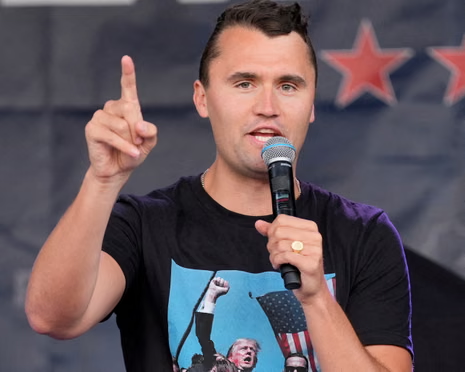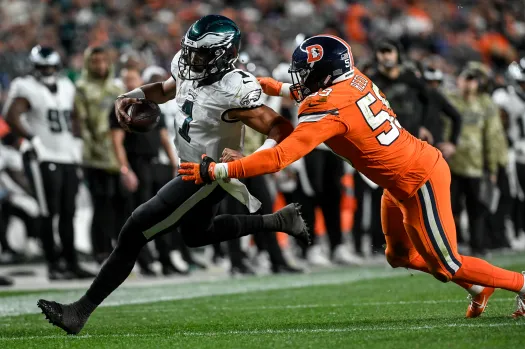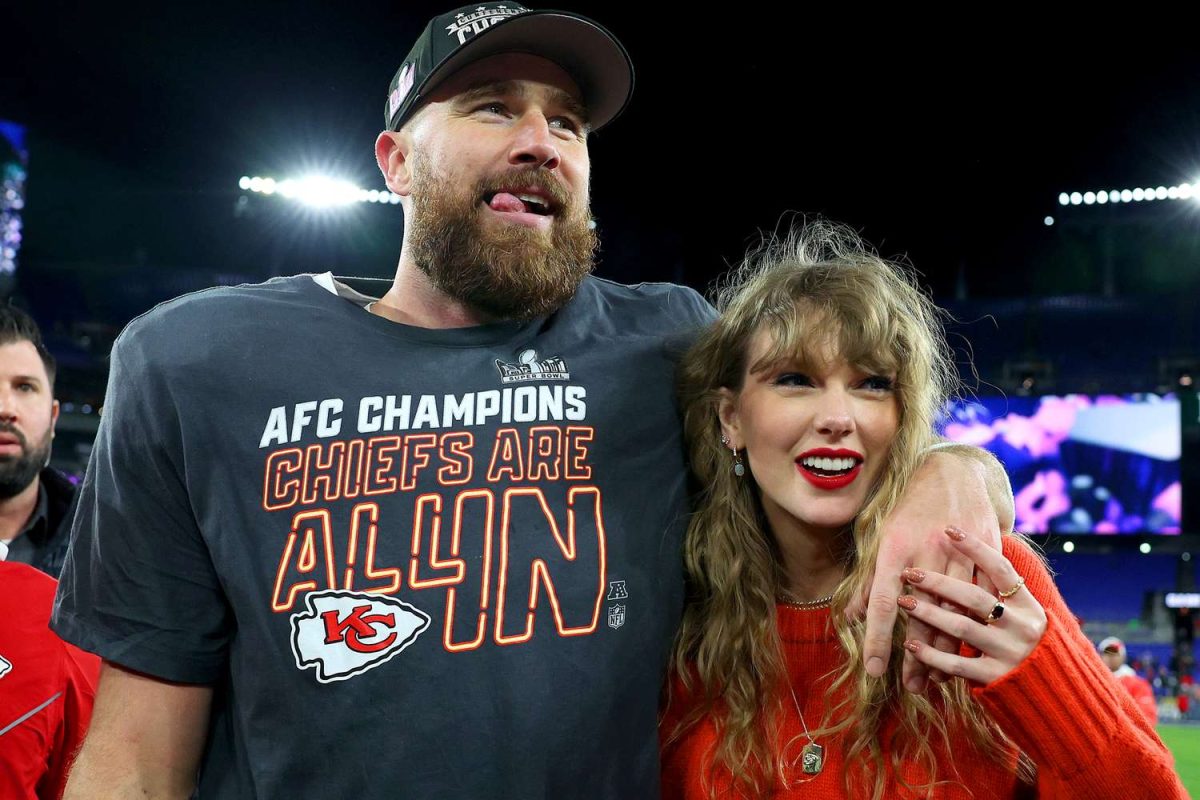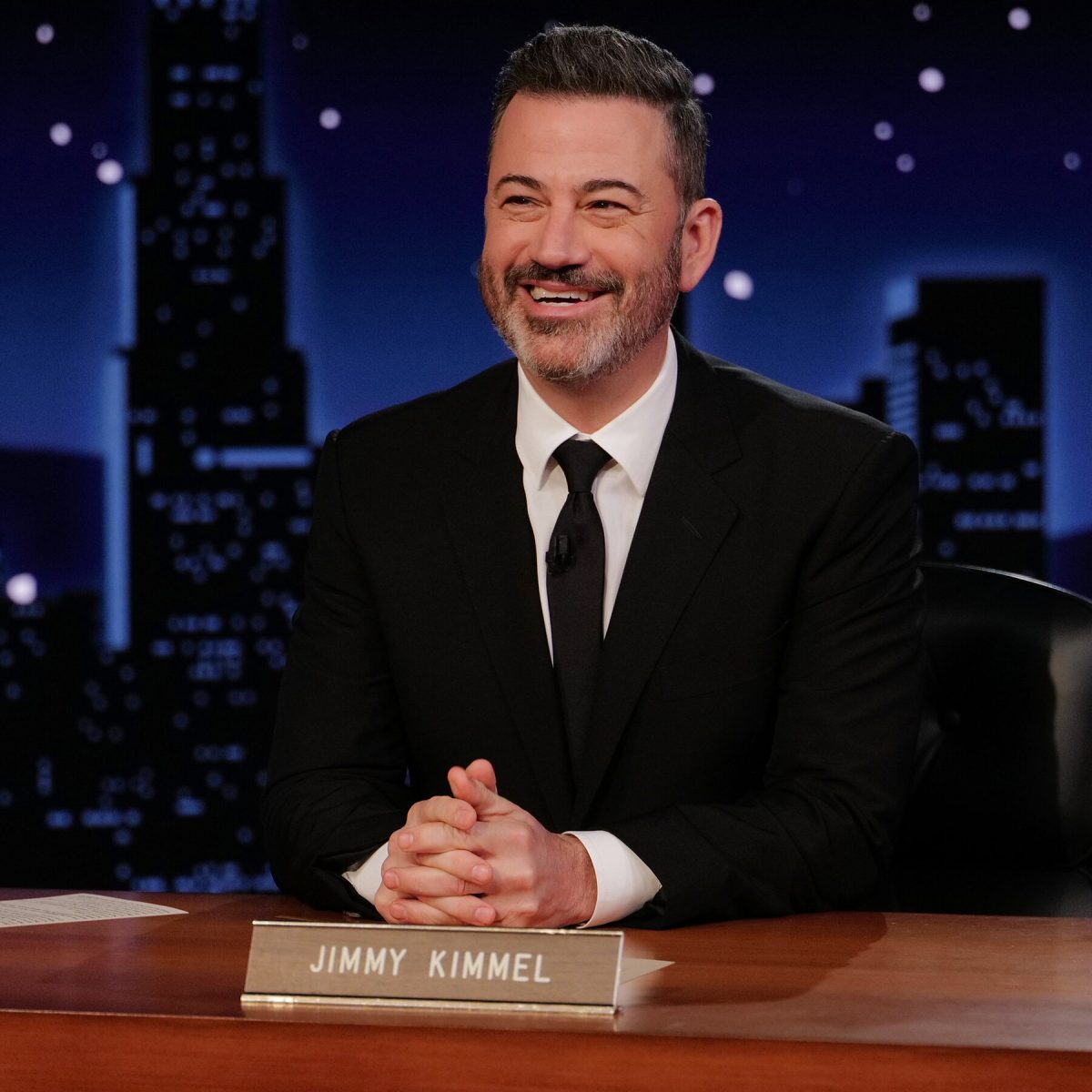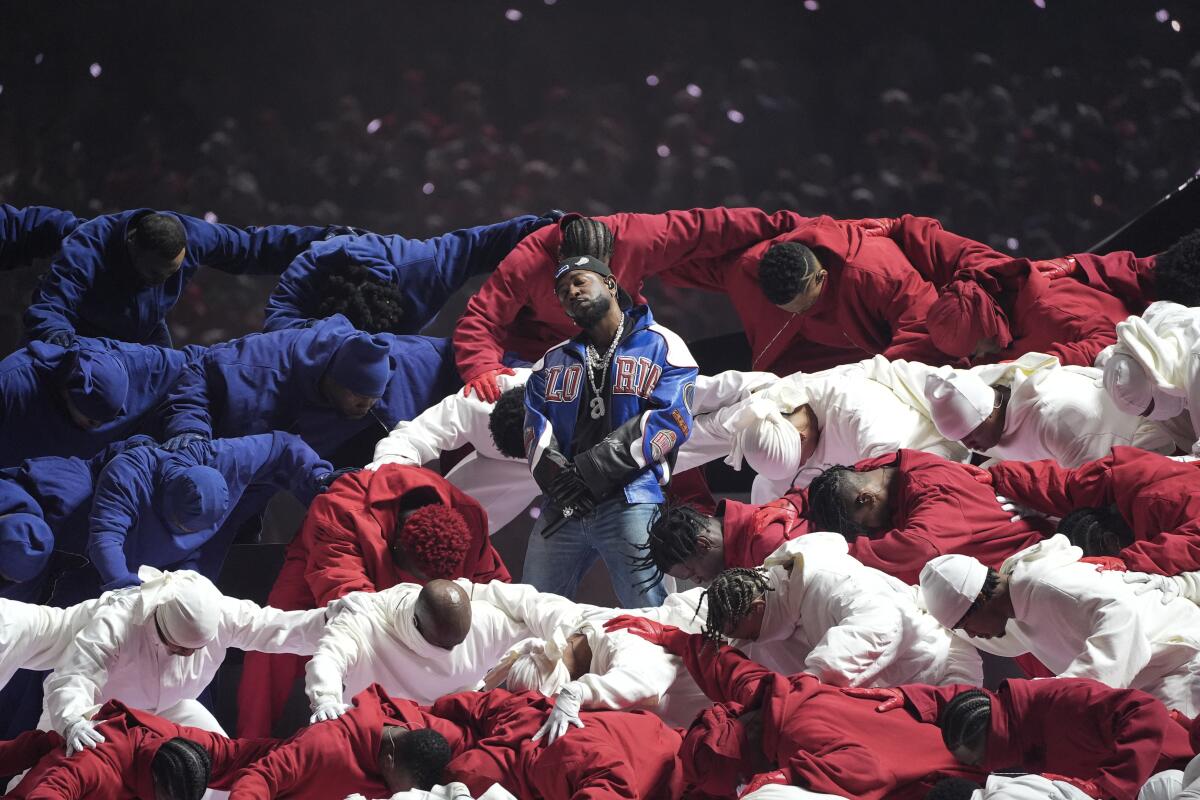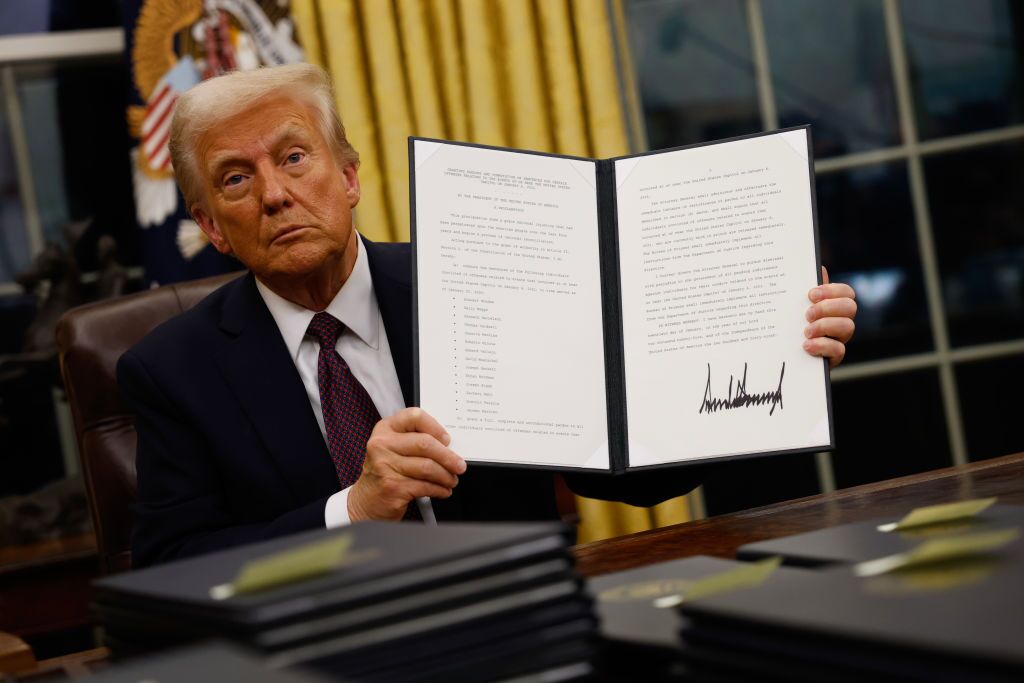In the past months more information has come to light on the killing of Breonna Taylor, a Black medical worker shot and killed by Louisville police conducting an illegal raid on her Kentucky home. Leading up to Taylor’s death, police had been investigating two men who were selling drugs not too far from Ms. Taylor’s house. The police believed that these men were operating out of Taylor’s house. But recently, it was discovered the police obtained their search warrant under false pretenses (BBC).
On July 5, 2020, Breonna’s mother, Tamika Palmer, filed an amended complaint stating that Breonna’s home raid started with a “political need to clear out a street for a large real estate development project.” The resulting “rogue police unit” violated many “levels of policy, protocol and policing standards.” She claims that the police unit targeted certain people and homes in the “area of Elliott Avenue in west Louisville.” She also argues that the police unit removed people from their homes to create an expensive real estate development. Palmer asserts, “One of the primary roadblocks to this unit and the real estate development project was an ex-boyfriend of Breonna Taylor, who rented a home on Elliott Avenue” (Tamika Palmer v. State).
On August 4, 2022, more than two years after Breonna Taylor was murdered, the four police officers who had raided Taylor’s apartment were charged with federal civil rights violations; one of these violations included lying to obtain a search warrant for Taylor’s apartment. One detective, Kelly Goodlett, who retired after getting charged, pleaded guilty at a hearing that took place on August 23. The Louisville Police department fired officer Kyle Meany on August 19th. A third officer, Brett Hankison, was the only officer charged with wanton endangerment,1 as he had fired ten times without a clear line of vision into Taylor’s apartment, and had hit a neighboring apartment. He pleaded not guilty and was acquitted.2 Louisville officials and the Taylor family reached a twelve-million dollar settlement. Taylor’s case caused Louisville officials to ban the use of no-knock warrants3 (NY Times). Breonna Taylor’s death was a tragedy that has brought up much anger and unrest throughout the nation. Additionally, the motivations of these officers has increased America’s distrust in its police force.
1When a person creates a danger of death or serious physical injury to another person
2To free someone from a criminal charge by a verdict of not guilty
3 Allows police to forcibly enter people’s homes to search them without warning



